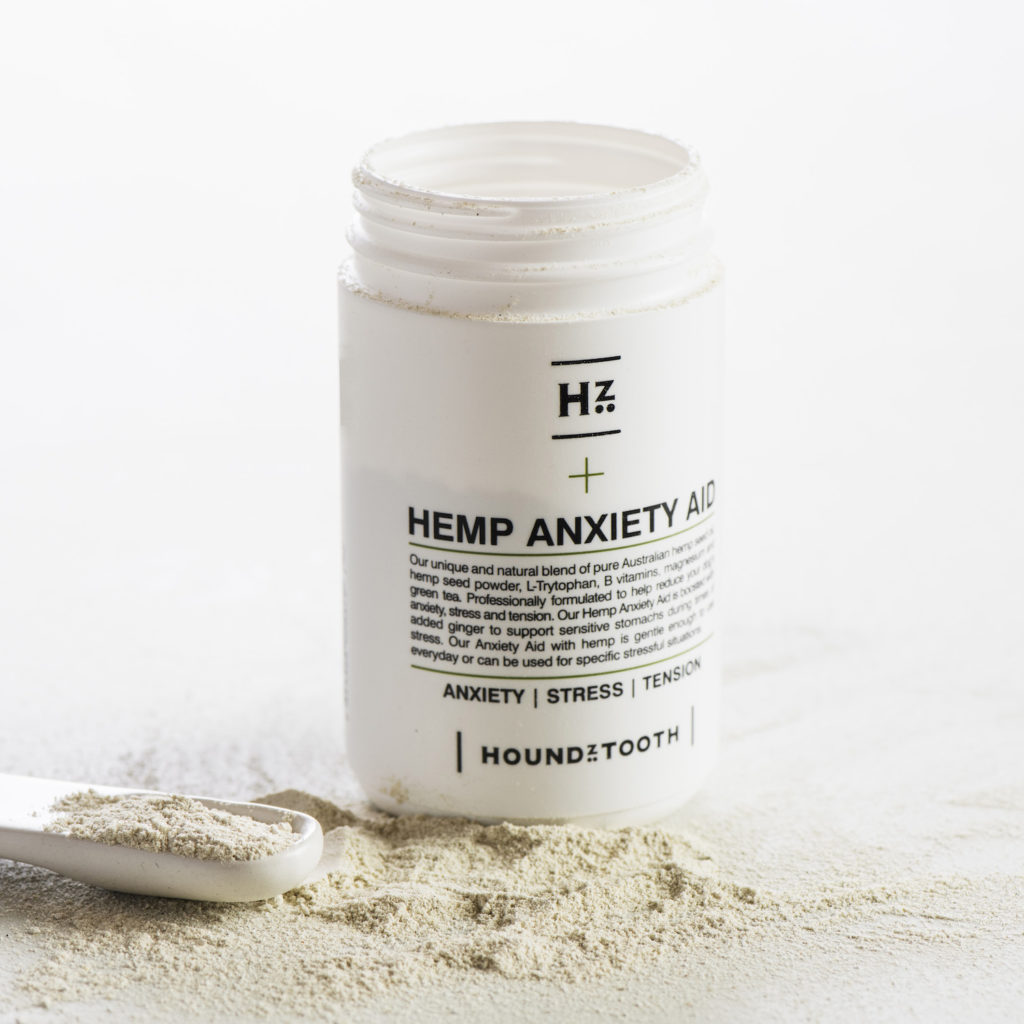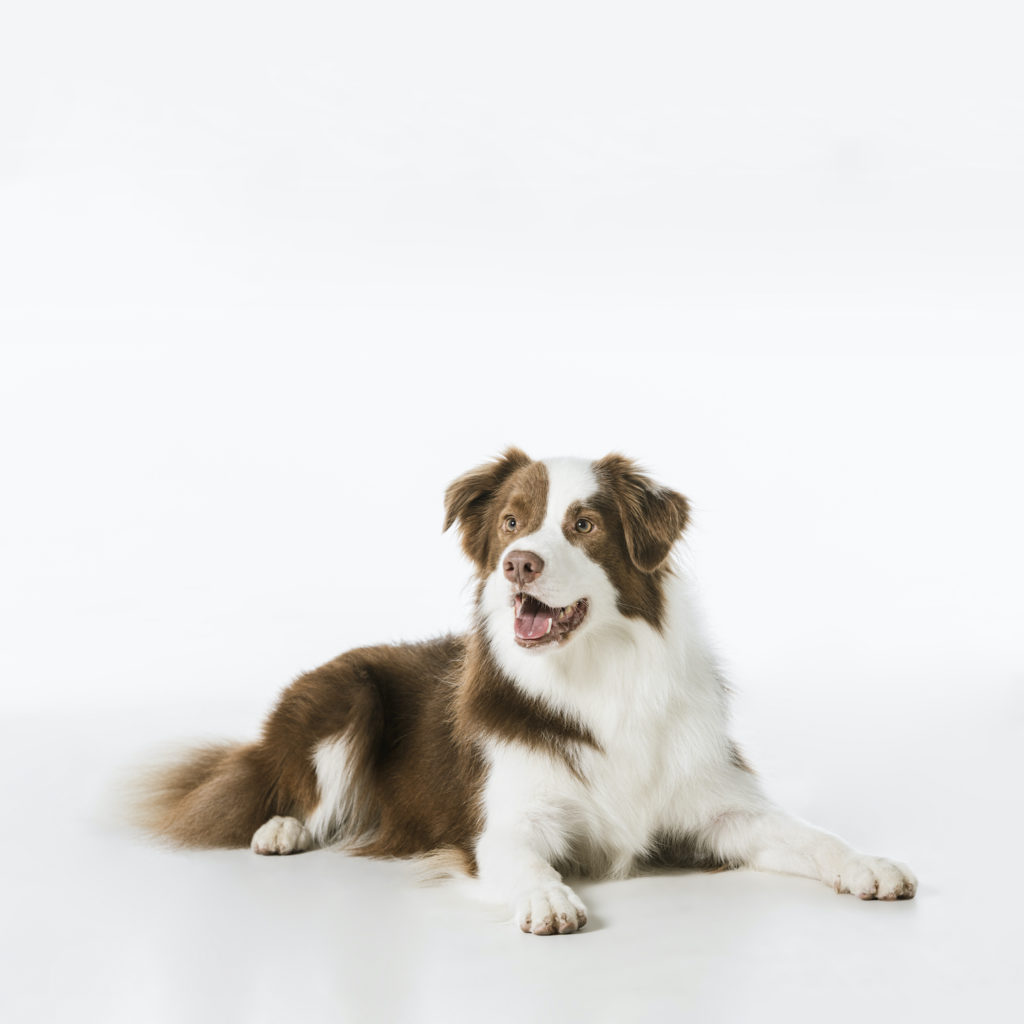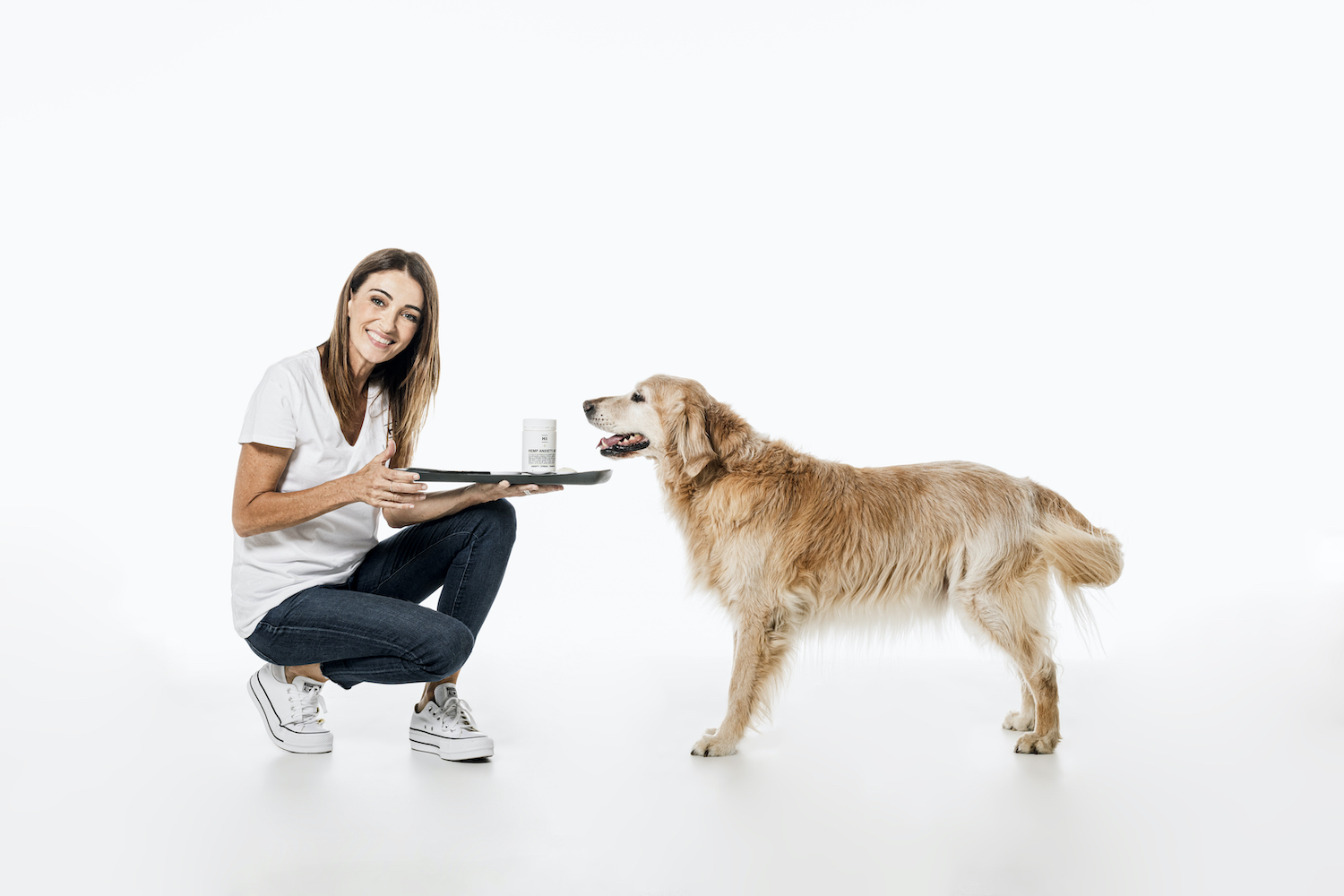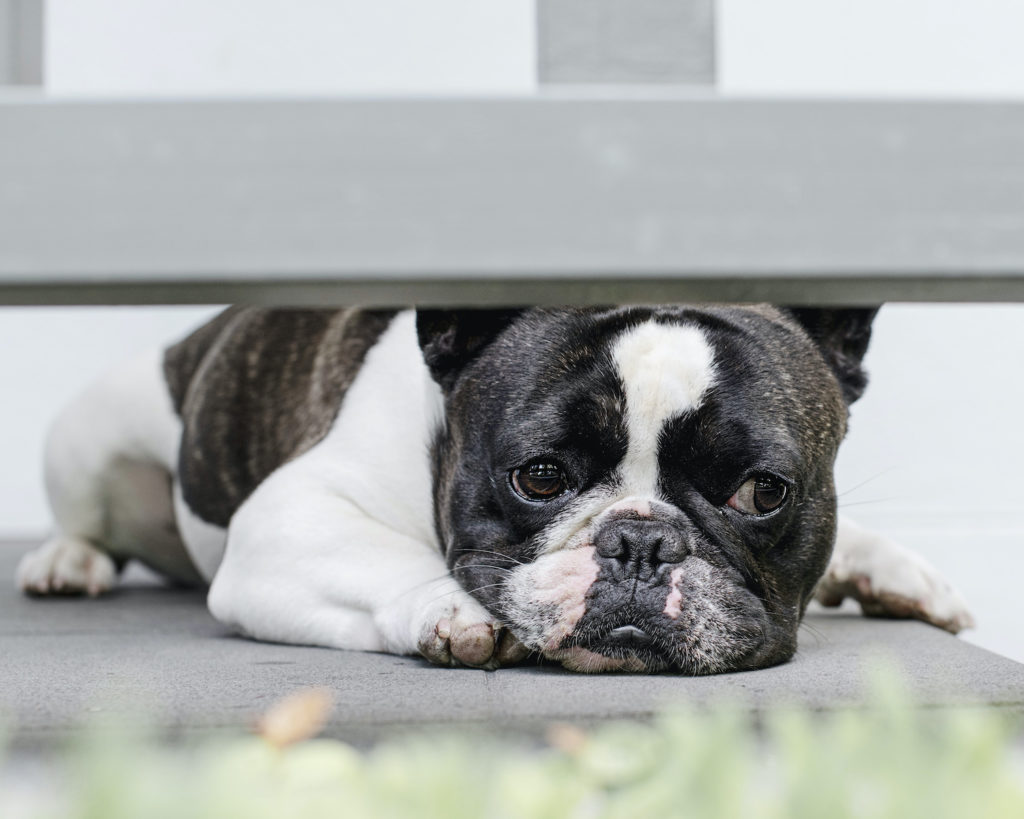How to Help an Anxious Dog
Solutions to help your dog with anxiety
Dogs can become anxious for a variety of reasons. Triggers could include separation from owners, loud noises like thunder and fireworks, or new environments such as travelling, relocating to a new home or boarding kennels.
Dr. Katrina Warren, an accomplished Australian media veterinarian and expert on all things pets, shares her top tips on how to identify and ease your precious pup’s anxiety.
Signs your dog has anxiety
If your dog is suddenly experiencing a change of behaviour and portraying any of the symptoms listed below, they could be suffering from anxiety.
However, you should always pay a visit to your vet first to rule out any underlying medical conditions that could be causing these symptoms.
Signs of anxiety may include the following:
- Shyness or hiding
- Restlessness or trembling
- Vocalisation (e.g. barking)
- Destructive behaviour (e.g. chewing)
- Excessive grooming or licking
- Inappropriate toileting or house soiling
- Yawning, panting & pacing.
8 tips from Dr Katrina on how to help your anxious dog
1. Identify the source of the issue
Identifying the source of your pup’s anxiety will help to personalise their treatment. For example, if your pup is afraid of storms, preparing early and having a plan to best manage their behaviour during times of stress will help ease their anxiety.
It is important to differentiate between destructive behaviour caused by boredom and that caused by anxiety.
2. Build confidence
Engage your furry pal in confidence-building behaviours that they enjoy – behaviours that you can then reward them for.
This could include anything from play, grooming and walks to obedience and trick training.
3. Exercise
Exercise can stimulate the production of serotonin, the feel-good neurotransmitter that exists in both dogs and humans alike. This kind of activity will help to reduce pent-up energy and tension that can exacerbate anxiety.
And if your pup is pooped after a long walk or a run at the dog park, they are more likely to relax when you are not there.
4. Soothing sounds
To help comfort your dog when you leave the house, you can play calming music or just leave your TV or radio on for them to listen to.
5. Anti-anxiety wraps and shirts
Anti-anxiety wraps and shirts have been advocated to help alleviate or lessen anxiety.
The constant pressure applied by the garments is thought to comfort the dogs via the swaddling effect and acupressure.
6. Confinement
Place your pup in an area that makes them feel more comfortable, like the lounge or your bedroom.
For crate-trained dogs, you can leave them in the small confines of their crate as this enclosed space is where they feel safe.
7. Supplements
Our Houndztooth Hemp Anxiety Aid is all-natural and specifically formulated to help reduce symptoms of anxiety in your pooch.
It contains key ingredients such as Tryptophan, B group vitamins and a blend of multivitamins and nutrients that work together to support the general health and nervous function in dogs.
Using a health supplement like our Hemp Anxiety Aid may help to ease stress and tension and result in a happy, healthy pet!
Our Houndztooth Hemp Seed Oil may also assist with reducing mild anxiety. Both the Hemp Anxiety Aid and Hemp Seed Oil can be combined and fed to your dog as required during times of stress.

Houndztooth’s Calming Health Meal Topper is full of healthy freeze dried raw ingredients of Chicken Breast, Sweet Potato, and Apple to add a nutritious raw boost to your dog’s daily diet. Formulated to feed in combination with our Hemp Anxiety Aid, the meal topper also includes functional ingredients of L-Tryptophan, Vitamins A, B & C, Magnesium, Ginger, and Green Tea, which may help support dogs during times of stress and anxiety. A meal topper is an easy and fun way to add extra nutrition to your dog’s diet, as they’re irresistible, and entice even fussy eaters!
8. Medication
In severe cases, your veterinarian may recommend medication. However, this should ideally only be used as a last resort and we suggest trying our natural supplements as an alternative to medication first.
It’s always okay to ask for help
When your dog is suffering from anxiety, it can sometimes be hard to know where to look for help. Here at Houndztooth, we are firm believers in asking questions and asking for assistance when you need it.
If your dog is showing signs of severe anxiety or stress, such as self-mutilation or constant vocalisation for long periods, please seek advice from a veterinary behaviourist.



